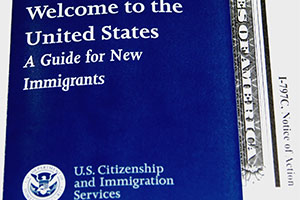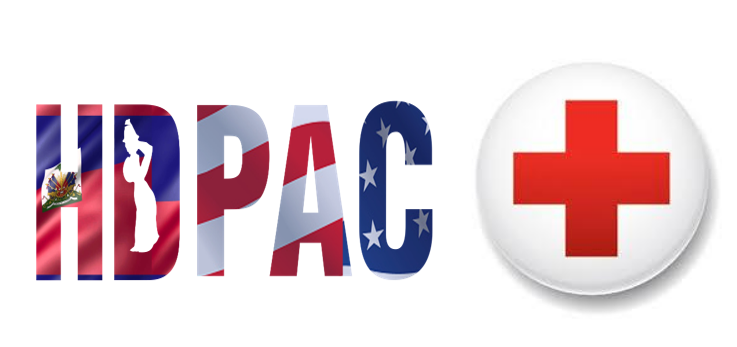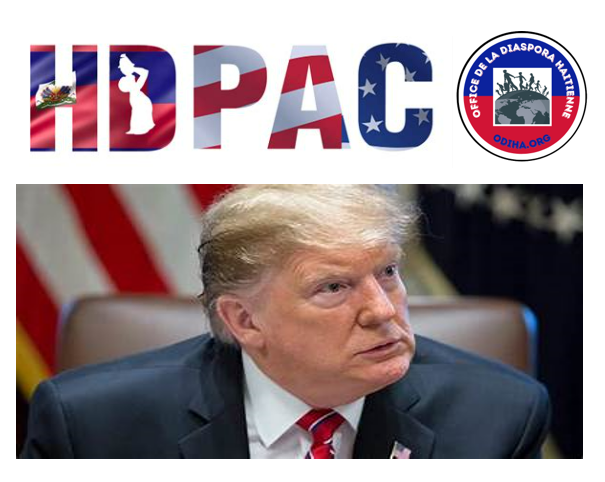|
Getting your Trinity Audio player ready...
|
Answers to frequently asked questions about marriage, green cards and the U.S. immigration system
Immigration Basics
What is a green card?
A “green card,” issued by U.S. Citizenship and Immigration Services (USCIS), provides proof of lawful permanent resident status, with authorization to live and work anywhere in the United States. Most green cards must be renewed every 10 years, but conditional green cards based on marriage or investment must be replaced after the first 2 years.
What is USCIS?
U.S. Citizenship and Immigration Services (USCIS), part of the U.S. Department of Homeland Security (DHS), is the government agency that oversees legal immigration to the United States. USCIS is primarily responsible for approving green cards, naturalization, work permits, travel permits, and other “immigration benefits.”
What is a lawful permanent resident?
A lawful permanent resident, also known as a “green card holder,” is a foreign national who is authorized to live and work anywhere in the United States, sponsor certain relatives for their own green cards, and ultimately apply for U.S. citizenship.
More info about permanent residence
What is conditional permanent residence?
A conditional green card is valid for only 2 years, and the designation “CR1” on the physical card stands for “conditional resident.” A conditional green card holder must file Form I-751 to “remove the conditions” and obtain a permanent green card. In most cases, a conditional green card is issued to a spouse who has been married for less than 2 years at the time their green card was first approved.
More info about conditional permanent residence
Why would a green card application be denied?
A green card application may be denied by the U.S. government for several reasons, including but not limited to mistakes on the required forms, missing documents, insufficient financial resources, or failure to demonstrate eligibility. More details about possible reasons for green card denial can be found here.
More info about green card denials
Can I work in the U.S. while waiting for my green card?
Anyone who already has a valid work visa (for example, an H-1B or L-1 visa) can usually continue working in the United States even while applying for a U.S. green card. Otherwise, green card applicants aren’t allowed to start working in the United States until they obtain a work permit by filing Form I-765. Learn more here.
Frequently asked questions about working while waiting
What is the Visa Bulletin?
The Visa Bulletin, issued every month by the U.S. Department of State, shows which green card applications can move forward, based on when the I-130 petition that starts the green card process was originally filed. The visa bulletin exists because Congress caps the number of green cards that can be issued each year in certain categories, which has created several backlogs.
What is a biometric screening?
During a biometric screening, a government representative records an individual’s fingerprints and takes their photos and signature, in order to check government records for any serious criminal history or relevant prior immigration violations. The biometrics appointment is typically short and simple.
What to expect at your biometrics appointment
Marriage Green Cards
What is a marriage green card?
Most U.S. citizens and U.S. green card holders are entitled by law to sponsor their spouses for a green card, also known as “permanent residence status.” The total cost, wait time, and other details of the marriage green card process vary based on several factors.
More info about marriage green cards
How long after my marriage can I apply for a green card?
A marriage-based green card can take between 10 and 38 months to process, depending on whether your new spouse is a U.S. citizen or green card holder and where you currently live.
What documents do I need for a marriage green card?
The required documents for a marriage green card can vary by situation, but in general the couple must provide evidence, such as proof that the sponsoring spouse is a U.S. citizen or permanent resident; a copy of their marriage certificate; evidence that the marriage is authentic; and evidence that the sponsoring spouse can financially support the spouse seeking a green card.
More info about the documents needed to apply for a green card through marriage
What is the difference between a fiancé visa and a marriage visa?
A K-1, or “fiancé visa,” is a temporary visa available only to fiancés of U.S. citizens who are living outside of the United States and intend to get married within 90 days of arriving in the United States. A marriage green card is available to spouses of both U.S. citizens and U.S. green card holders, whether living in the United States or abroad, and ultimately provides permanent residence.
More info about the pros and cons of visas for fiancés vs. spouses
How long does it take to get a green card?
There are many ways to get a green card, and the timeline for each pathway is different. Depending on the situation, the marriage-based green card process can last as little as 10 months or over 3 years.
See which processing time applies to your own marriage-based green card application
What is a K-1 visa?
The K-1 fiancé visa is available to fiancés of U.S. citizens who are living outside of the United States and intend to get married within 90 days of arriving in the United States.
More info about the fiancé(e) visa path for engaged partners of U.S. citizens
How much does it cost to get a green card?
The total cost for each type of green card application can vary. Government fees for marriage-based green cards are $1,760 if the spouse seeking a green card lives in the United States and $1,200 if the spouse lives abroad, in addition to other costs, such as a fee for a required medical examination.
More info about government fees and other common expenses for green card applications
What are the income requirements for a marriage visa?
To be eligible for a marriage-based green card, the applicant must have a U.S. financial sponsor (usually the sponsoring spouse) who certifies in an Affidavit of Support (Form I-864) that their annual income is at least 125% of the Federal Poverty Guidelines (100% for military sponsors). The exact minimum income required — most commonly $21,137 for a couple with no children — depends on where the sponsor lives, the size of their household, and other factors.
More info about marriage visa income requirements
How should I prepare for my marriage green card interview?
The final step in the marriage-based green card process is the interview, where the interviewing officer’s primary goal is to assess the authenticity of the marriage. Marriage green card interview questions can focus on the history of the couple’s relationship, as well as their daily activities and future plans as a married couple.
More info about how to prepare for a successful green card interview
How do we prove our marriage is real or “bona fide”?
A “bona fide” marriage means 2 people who intend to build a future together and who did not marry only for immigration purposes. Evidence of an authentic marriage can include joint financial documents, evidence of living together (cohabitation), tickets and photos from trips taken together, among others.
More info about showing sufficient proof of a “bona fide” marriage in your spousal visa application
When can I visit my spouse in the United States?
Although a spouse seeking a green card from abroad can technically visit their spouse in the United States on a tourist visa, doing so is generally discouraged. Not only do immigration officers often deny entry to the United States upon learning of the tourist’s pending green card application, but “misrepresenting” one’s intentions for visiting could also jeopardize the application.
More info about precautions to take when visiting your spouse
Common Forms
What is an Affidavit of Support (I-864)?
Most green card applicants must have a U.S. sponsor who accepts financial responsibility for them upon arriving in the United States. An “Affidavit of Support” (Form I-864) is essentially a contract between the financial sponsor and the U.S. government, where the financial sponsor demonstrates that they meet the government’s income requirements.
More info about promising financial support as a green card sponsor
What is Form I-693 (Medical Exam Results)?
Form I-693 documents the results of the required medical examination for a spouse (or other family member) seeking a green card. For those applying from within the United States, their medical exam is performed by a doctor approved by U.S. Citizenship and Immigration Services (USCIS), who provides a signed Form I-693. For those applying from outside the United States, a State Department-approved doctor performs the medical exam.
What to expect and how to prepare for the green card medical exam
Special Issues
What is the “Public Charge” rule?
The “public charge” rule is a U.S. Department of Homeland Security (DHS) proposal that would reduce the number of people who are eligible for green cards and temporary visas, by redefining what makes someone dependent on government benefits — or likely to use such benefits in the future. If enacted, this policy could also affect some people who already have green cards.






